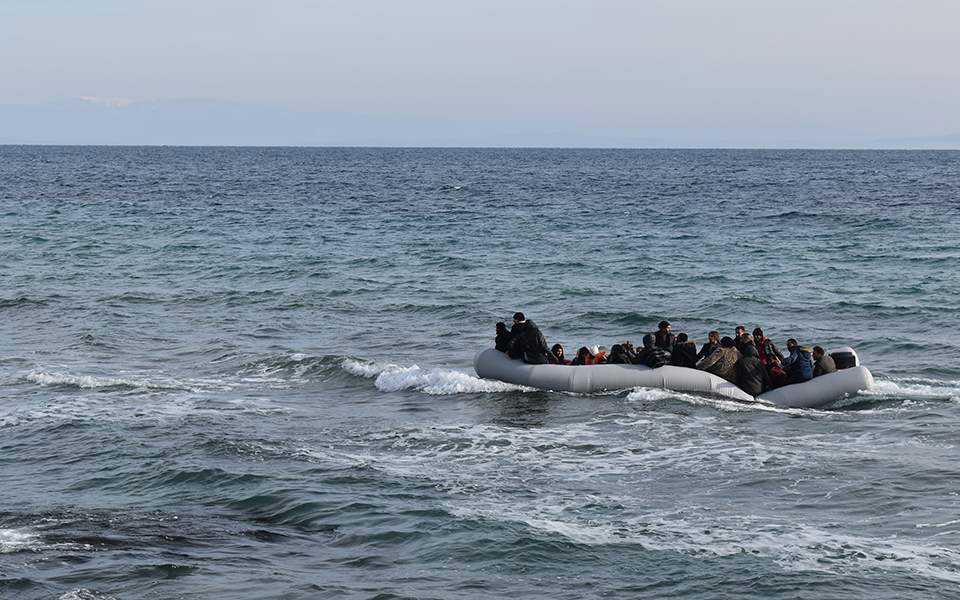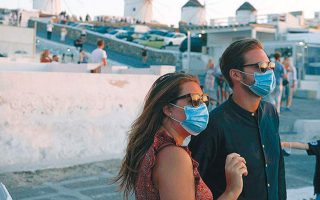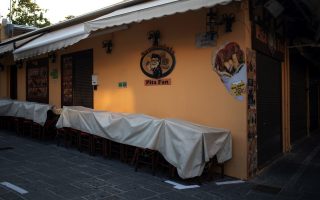The end of Wanderlust?

I’m reading “Flights,” by Nobel laureate Olga Tokarczuk, which is an ode to travel. Although it was released 13 years ago in Polish, some parts of it sound strange after the recent pandemic: the charming descriptions of airports, those non-places where the author strolls, observing her fellow travellers, the extension of time during flights, and the offers made by airlines to the remaining passengers to stay one night more in an airport hotel and fly the next day belong to another, past travel culture. Since the coronavirus outbreak, all these images are recalled with nostalgia. Airports, train stations, flights and travel in general are now hothouses for viruses and germs. Travelers want to speed up the process of transportation, to get it out of the way quickly. Who, today, is in the mood to walk around in Tokarczuk’s airport malls, to massage their tired limbs, eat salad niçoise or listen to lectures about travel psychology?
In the vast and empty airport halls with the dimly lit shops, passengers with masks on their faces rush to quickly complete the journey which has become a necessary evil. They do not want to waste a single extra minute, mixing with potential (asymptomatic?) carriers of the coronavirus. And when they arrive, who among them is impatient to be on Oxford Street on Saturday afternoon, in a queue of tourists outside the Louvre on a summer morning, in San Francisco during Pride weekend, or at a packed open market in Beijing? Will the pandemic kill wanderlust? Or will it transform it by expelling those who love walking in the harmless nature? Will we witness the end of the flaneurs in urban landscapes and their reappearance in mountains, ravines and shores where they will throw away their unattractive surgical masks and replace them with colorful diving masks?
A friend recently gave me a piece of advice: “Don't worry so much about the pandemic. Try to disengage yourself personally, maintain a distance and observe it as a historical event that happens once or twice in a century. See how it will gradually change the way we work, the architecture, the social and private relations, transportation.” That’s a good tip.





